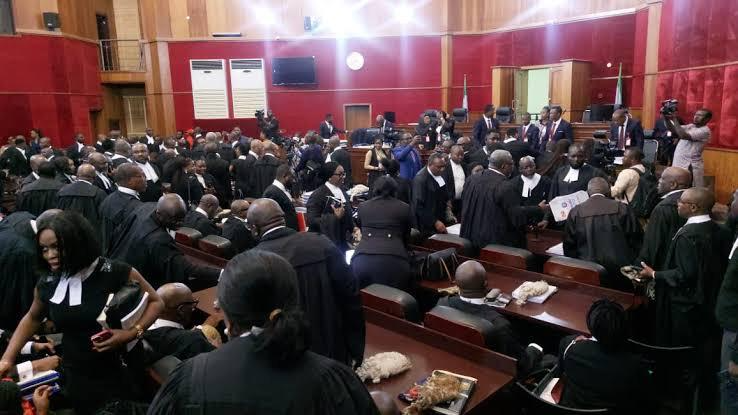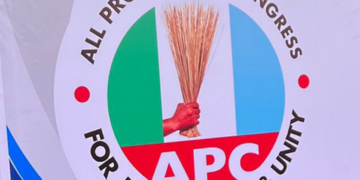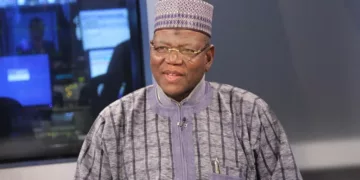The North Central Citizens Council (NCCC), alongside other concerned individuals and groups, has raised serious concerns regarding the alleged inconsistencies and contradictions in judicial decisions, particularly since the March 2023 governorship elections in most Northern states.
In a statement by the coordinator, NCCC, Comrade Mohammed Eneji, it said these decisions have created general confusion and uncertainty across the North, exacerbating the disquiet caused by political opportunism and corruption.
It said the deliberate miscarriages of justice occasioned by the selective application of the law between the North and the rest of the country represent a much wider conspiracy to bring the North down on its knees by incapacitation and balkanization.
“The uncertainties and compromises in the judiciary pose a significant threat as part of a wider plot to destabilize the region, as evidenced by the inconsistent and contradictory decisions taken by the Appeal Court in states such as Kano, Plateau, and Zamfara.
In the case of Kano State for instance, the Appeal Court’s decision in the case of Abba v APC has raised concerns regarding the jurisdiction of the court in pre-election matters.
“The principle that pre-election matters, including issues of nomination and sponsorship, fall under the exclusive purview of the Pre-Election matters is well-established in our electoral jurisprudence. This principle has been reiterated in numerous judicial authorities, with the Supreme Court reaffirming it in the case of Peter Obi v INEC. The Supreme Court emphasized that the issue of nomination is a pre-election matter and that only the Federal High Court has the jurisdiction to adjudicate over it,” it said.
It noted that even the tribunal that initially decided the case in question correctly acknowledged that the issue of nomination is a pre-election matter, adding that although the tribunal found that Abba Kabir Yusuf was not a member of the NNPP at the time of the primary election, it admitted its lack of jurisdiction to make a pronouncement on the issue.
“However, the Court of Appeal’s decision in this case deviates from the established principles. This decision is erroneous and requires correction by the Supreme Court, which is considered the last hope of the common man. The Court of Appeal’s decision undermines the purpose of categorizing election matters into pre and post-election matters. One of the fundamental principles of law is certainty, and this decision creates confusion on an unprecedented scale in our electoral litigation.
Allowing this decision to stand will open a Pandora’s box in our electoral jurisprudence, ultimately proving counterproductive to the system,” it said.
It observed that while it is necessary to ensure that political parties adhere to electoral guidelines, the decision to upturn the entire election in Kano raises questions about the legitimacy of the democratic process. “Arguably, this ruling undermines the people’s right to choose their leaders and places excessive power in the hands of the judiciary. This controversy highlights the need for a balance between upholding the rule of law and respecting the democratic will of the people,” it added.
It said the Appeal Court’s decision to uphold the nullification of 166,000 votes from the NNPP’s tally in the Kano governorship election raised questions about the consistency and fairness of their judgments, adding that in this case, the court cited irregularities and non-compliance with electoral laws as the basis for nullifying the votes. “However similar irregularities were present in the case of Governor Adeleke, where the Court of Appeal ruled against nullifying votes,” it said.





